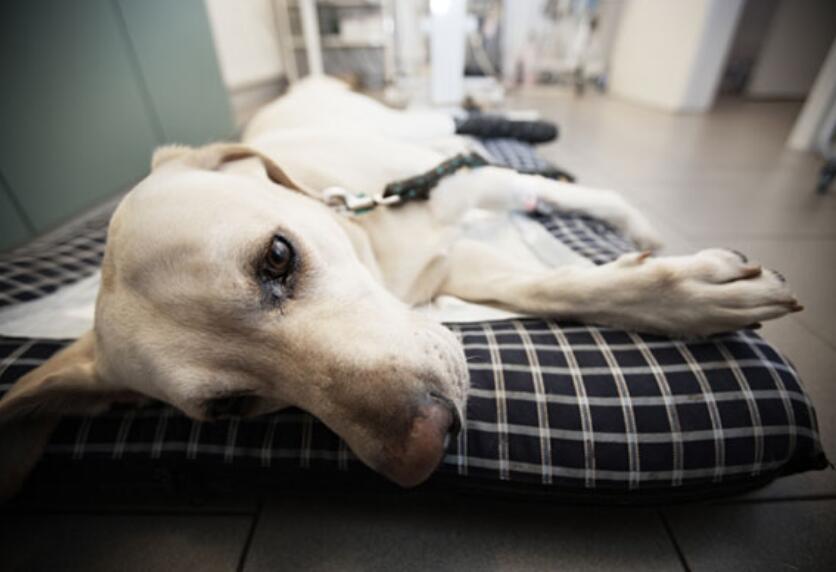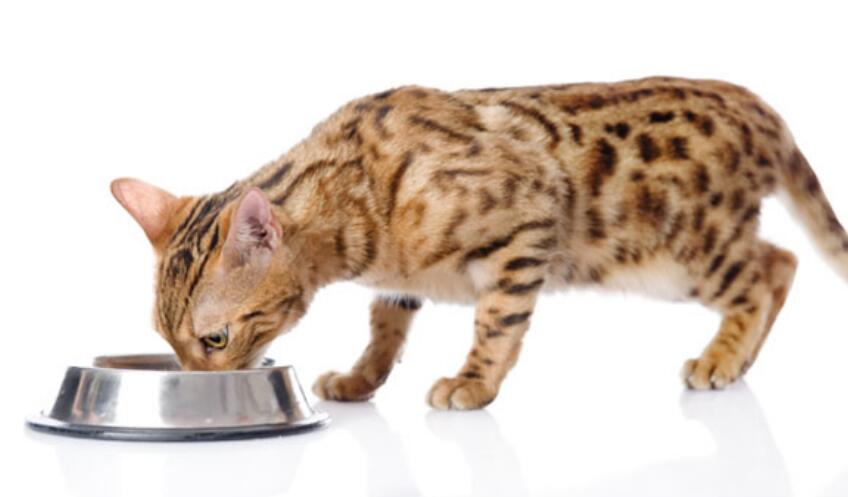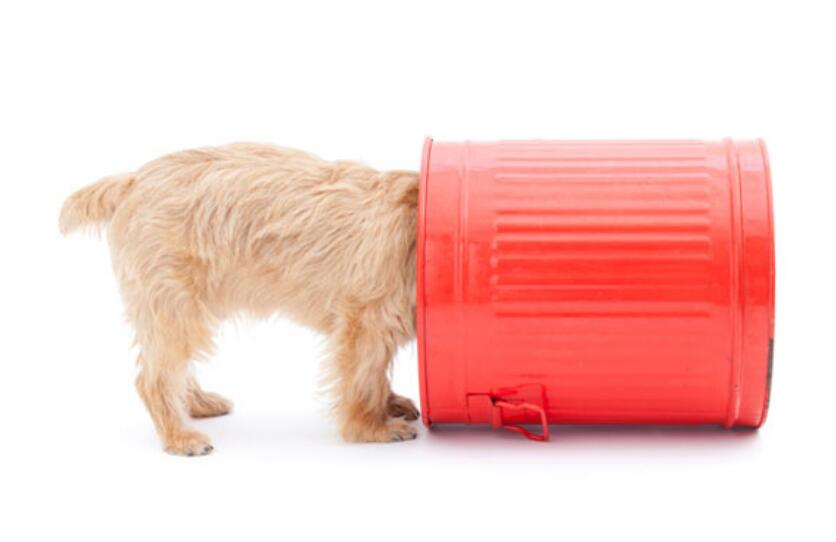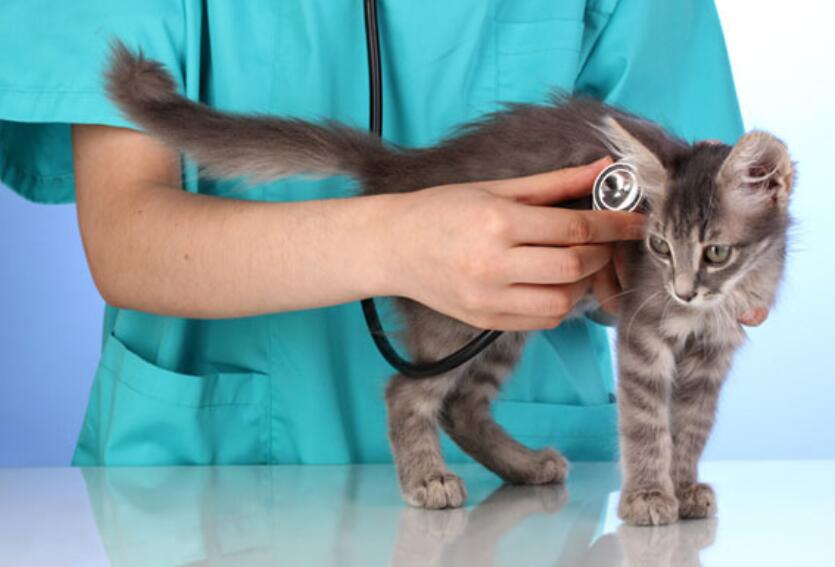 Although diarrhea is a common condition in pets, it is not a problem that should be taken lightly. In fact, in animals, diarrhea is often a clinical manifestation of a variety of underlying diseases. We’ll take you through some of the common causes of diarrhea in pets, the best treatment when your pet contracts the disease, and some ways to prevent it.
Although diarrhea is a common condition in pets, it is not a problem that should be taken lightly. In fact, in animals, diarrhea is often a clinical manifestation of a variety of underlying diseases. We’ll take you through some of the common causes of diarrhea in pets, the best treatment when your pet contracts the disease, and some ways to prevent it. Common causes of diarrhea in dogs and cats
Common causes of diarrhea in dogs and cats
Diarrhea is very common in pets. It can be caused by viruses, parasites, poisoning, allergic reactions, autoimmune diseases, or even certain types of cancer. The most common cause, however, usually occurs when the animal eats something that does not fit his system. Diarrhea is also a common side effect of some pet medications, including antibiotics, non-steroidal anti-inflammatory drugs and heart medications. To complicate matters, some pets can also suffer from diarrhea due to excitement or stress. The best way to treat diarrhea in pets
The best way to treat diarrhea in pets
Of course, the treatment of dysentery will vary depending on the cause. If the diarrhea is caused by an underlying disease, the veterinarian will work to control it, while advocating that treatment can alleviate the pet’s symptoms.
If you believe the cause of your pet’s diarrhea is simply a general tummy ache, the most common advice is to switch to a bland, digestible diet (from your veterinarian’s prescription diet or a homemade recipe such as white rice and cooked chicken) until the diarrhea subsides. As the symptoms subside, you can gradually return to a normal diet.
Your veterinarian may also prescribe medications to relieve nausea, excess stomach acid or inflammation of the gastrointestinal tract. How to avoid a bad situation
How to avoid a bad situation
There are many ways to help your pet avoid diarrhea in the first place, but again, much of what you do will depend on where you think the problem is coming from. If your pet runs into the trash, you may need to think twice about throwing the trash out of paws reach. But if your pet is easily upset by changes in daily life, or if you’ve recently changed his food, then you may want to consider a slower change or reconsider.
If the problem seems to be drug related, then talk to your veterinarian to see if there are alternatives that are more beneficial to your pet’s stomach. If you find yourself dealing with this problem on a regular basis, then talk to your veterinarian and have him look into the problem in more depth. When to go to the vet
When to go to the vet
If diarrhea persists for more than 24 hours, it can mean something more serious than a simple stomach bug, and if allowed to progress, it can quickly lead to dehydration. However, if your pet’s stool is bloody, darkened or sluggish, if he seems lethargic, has no appetite, or is still vomiting, don’t wait 24 hours. In this case, you should see a veterinarian as soon as possible.

